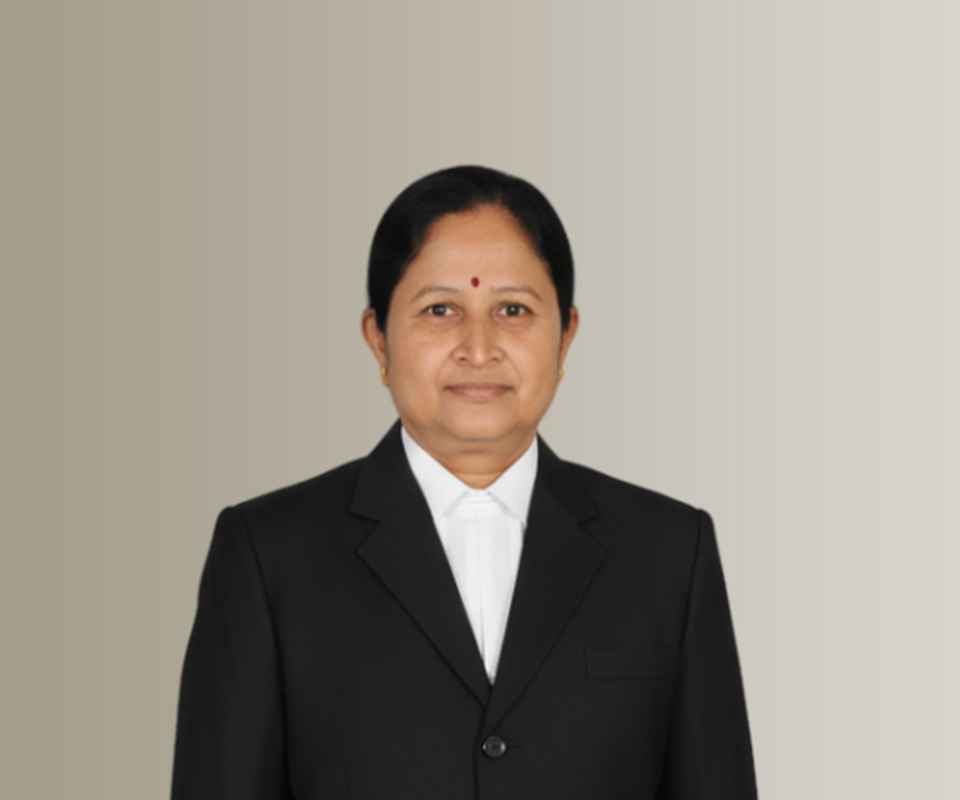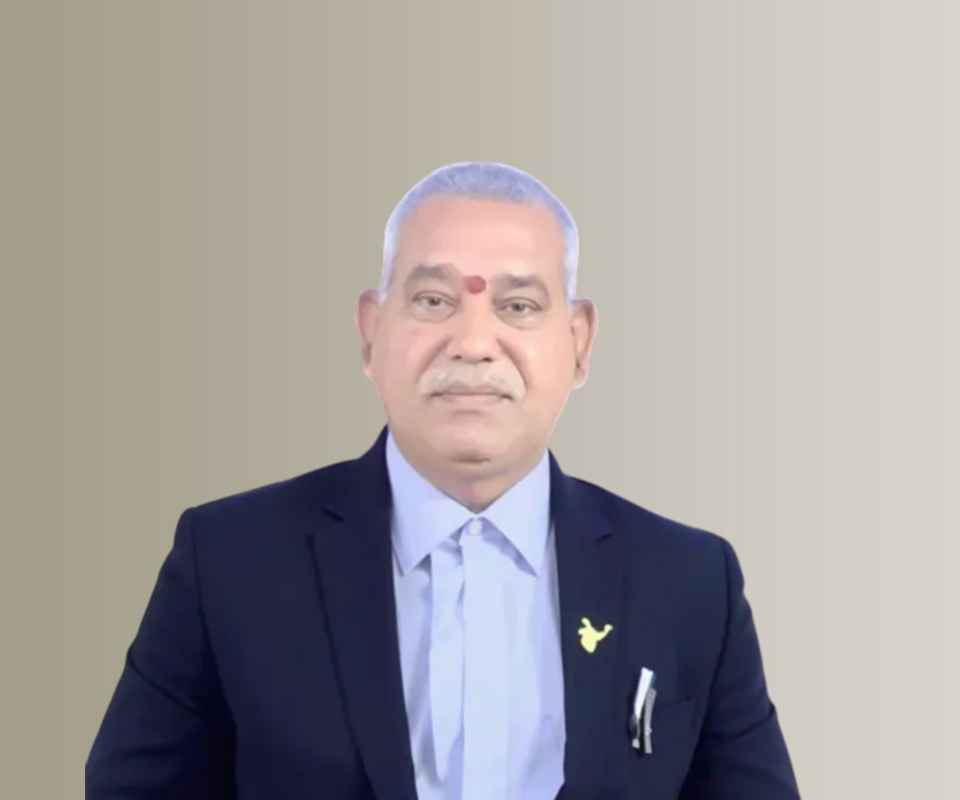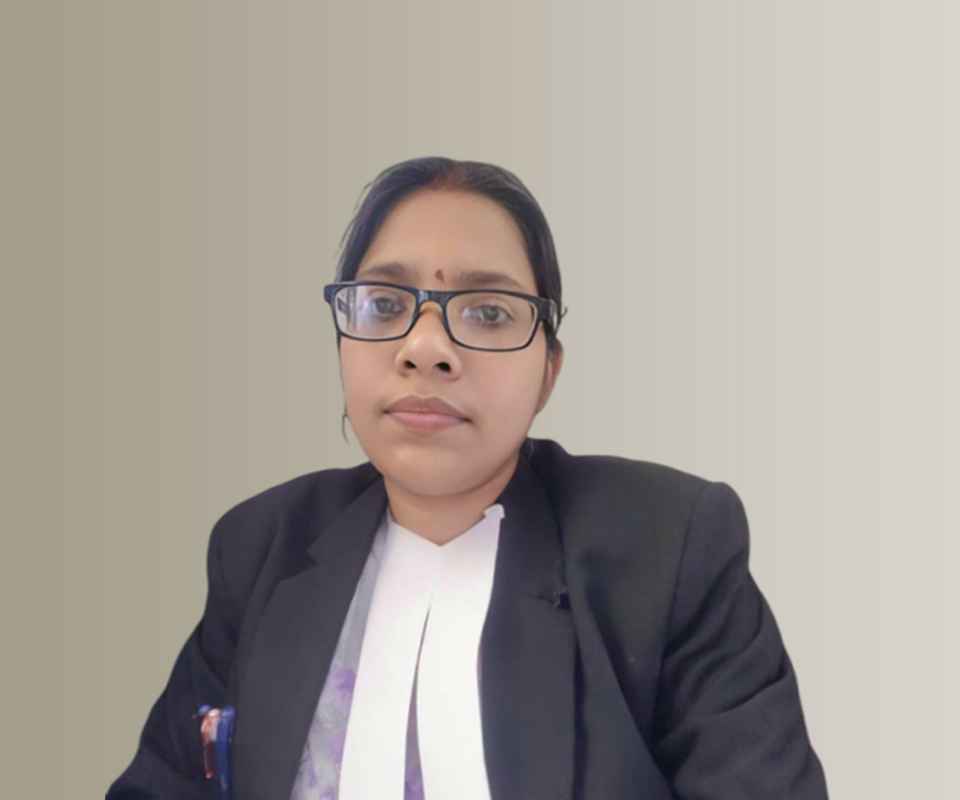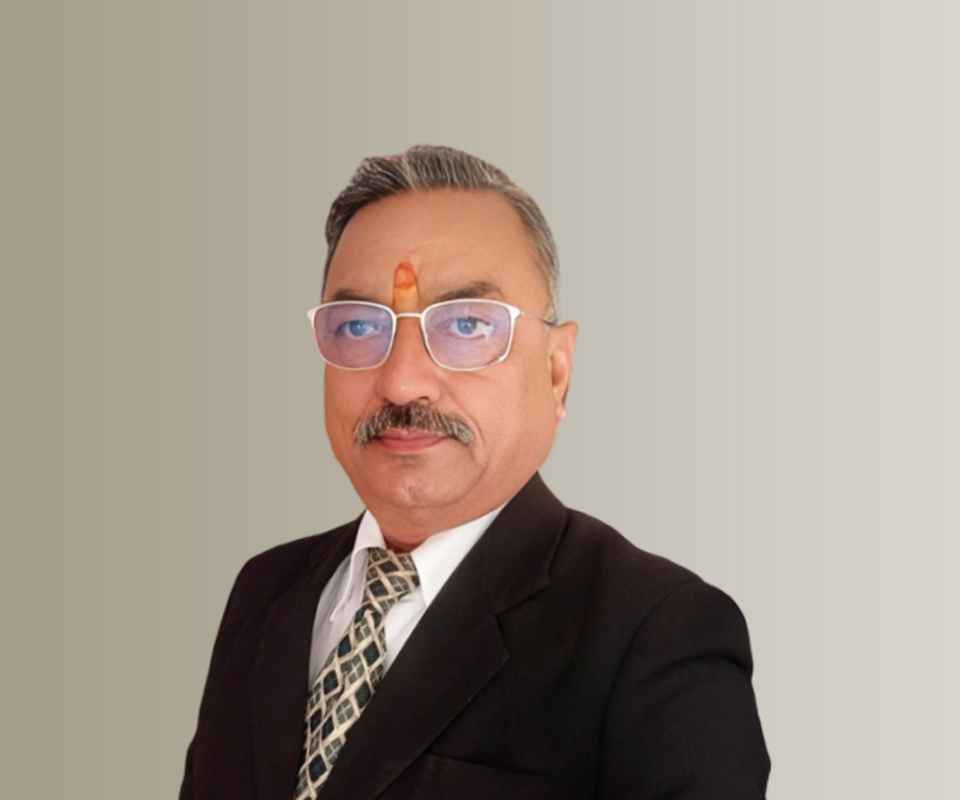Answer By law4u team
Single or widowed elderly women often face unique challenges in their later years. These challenges may include financial insecurity, social isolation, and lack of legal protection, making them vulnerable to abuse, neglect, and exploitation. In recognition of these issues, there are several legal provisions, social security schemes, and financial support programs in India aimed at supporting and safeguarding the rights and welfare of single or widowed elderly women.
Key Provisions for Single or Widowed Elderly Women in India
Widow Pension Scheme
The Widow Pension Scheme is a government initiative that provides financial assistance to widows who are in need. This scheme is designed to help widowed women maintain financial independence after losing their spouse.
How It Helps:
- Provides a monthly pension to widows, often based on age and financial need.
- Women over the age of 60 can apply for a widow pension to ensure they have an income for basic needs.
- The scheme is state-specific, and the eligibility criteria may vary from state to state, but it’s widely available across India.
Indira Gandhi National Old Age Pension Scheme (IGNOAPS)
The Indira Gandhi National Old Age Pension Scheme (IGNOAPS) is a government initiative to provide financial support to senior citizens over the age of 60. This pension scheme is particularly beneficial for widowed or single elderly women who may not have other sources of income.
How It Helps:
- Provides a monthly pension to eligible elderly citizens, with an increased amount for those over 80 years.
- The scheme ensures that even women from economically weaker sections of society are provided for during their later years.
- Beneficiaries can apply through their local panchayats or municipal offices.
Healthcare Schemes for Elderly Women
Healthcare becomes an essential need as people age. Various government schemes are aimed at providing healthcare access for elderly women, including widows and singles, who often lack private healthcare coverage.
How It Helps:
- Rashtriya Swasthya Bima Yojana (RSBY) offers health insurance to individuals from below the poverty line, covering medical expenses.
- The National Program for Health Care of the Elderly (NPHCE) provides free or subsidized healthcare services, including geriatric care, for elderly citizens.
- Ayushman Bharat also offers health coverage to vulnerable populations, including elderly women, under the Pradhan Mantri Jan Arogya Yojana (PMJAY).
Protection Against Domestic Violence
Widowed and single elderly women are at risk of domestic violence or abuse. India’s Protection of Women from Domestic Violence Act (PWDVA), 2005 provides legal protection for women who experience abuse, including elderly women.
How It Helps:
- Elderly women who are facing abuse from family members or relatives can file complaints under this Act and seek protection orders and monetary relief.
- Women can also seek shelter and support through women's shelters and government-run initiatives.
Elderly Care Homes (Old Age Homes)
For elderly women who have no family support or who experience neglect, there are government-supported and private old age homes that offer shelter, care, and medical support.
How It Helps:
- Old age homes provide a safe environment for elderly women who might otherwise face isolation or abandonment.
- Many old age homes also offer social services, medical care, and nutritional support, ensuring a decent quality of life for elderly women who cannot live independently.
Legal Rights and Property Protections
Widowed and single elderly women have legal rights to inherit property from their spouse, family members, or as per their will. There are specific laws that safeguard their property rights:
- Hindu Succession Act (HSA), 1956: Provides that a widow has the right to inherit property from her deceased husband.
- The Maintenance and Welfare of Parents and Senior Citizens Act, 2007: Provides that children and relatives are legally obligated to take care of their elderly parents, and failure to do so can lead to legal action.
- Widowed women also have the right to claim maintenance from their deceased spouse’s property and pension.
National Social Assistance Program (NSAP)
The National Social Assistance Program (NSAP) provides financial aid to individuals from economically weaker sections, particularly senior citizens, widows, and the disabled.
How It Helps:
- Provides a monthly assistance to eligible widows, particularly those who do not have a regular source of income.
- Helps ensure that financially disadvantaged elderly women can live with dignity and access basic needs such as food, shelter, and healthcare.
Women’s Welfare Schemes
The government has various women's welfare schemes that can assist widowed and single elderly women with housing, financial independence, and healthcare. Programs such as Self-Help Groups (SHGs) empower elderly women by allowing them to earn an income, while financial literacy programs offer guidance on managing savings and expenses.
How It Helps:
- Women can access small loans, start businesses, and gain financial independence through various government and non-government programs.
- Some schemes also provide vocational training and support for elderly women, helping them stay engaged and improve their well-being.
Example
Mrs. Rani, a 68-year-old widow, had been living alone in a remote village after the death of her husband. She did not have a source of income and was struggling with rising medical expenses.
Steps Taken by Mrs. Rani to Secure Her Well-Being:
- She applied for the Widow Pension Scheme and started receiving a small pension every month, which helped her cover daily expenses.
- Through the Ayushman Bharat Scheme, she also enrolled in a health insurance program, which provided her with free medical treatment for her chronic illness.
- She registered for the Maintenance and Welfare of Parents and Senior Citizens Act, which ensured that her son, who was living in a nearby city, would be legally obligated to provide her with financial support.
- Mrs. Rani also received protection under the Domestic Violence Act when she experienced harassment from her distant relatives, allowing her to file for a protection order and take legal action.
With these provisions in place, Mrs. Rani could live with dignity, receive medical support, and ensure that her legal and financial needs were met.
Conclusion
The government of India has put in place various legal, social, and financial provisions to ensure the welfare and protection of single and widowed elderly women. These measures help them secure financial independence, access healthcare, protect their property rights, and ensure their safety from domestic abuse. By availing these provisions, elderly women can live independently, safely, and with dignity in their later years.







